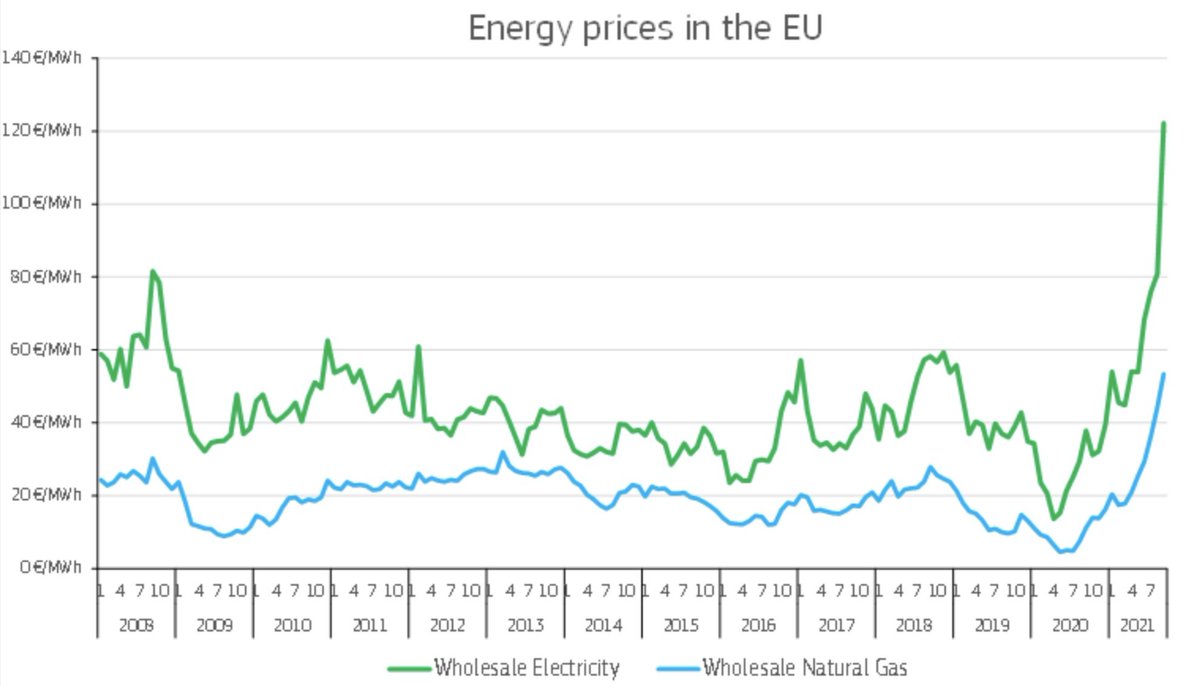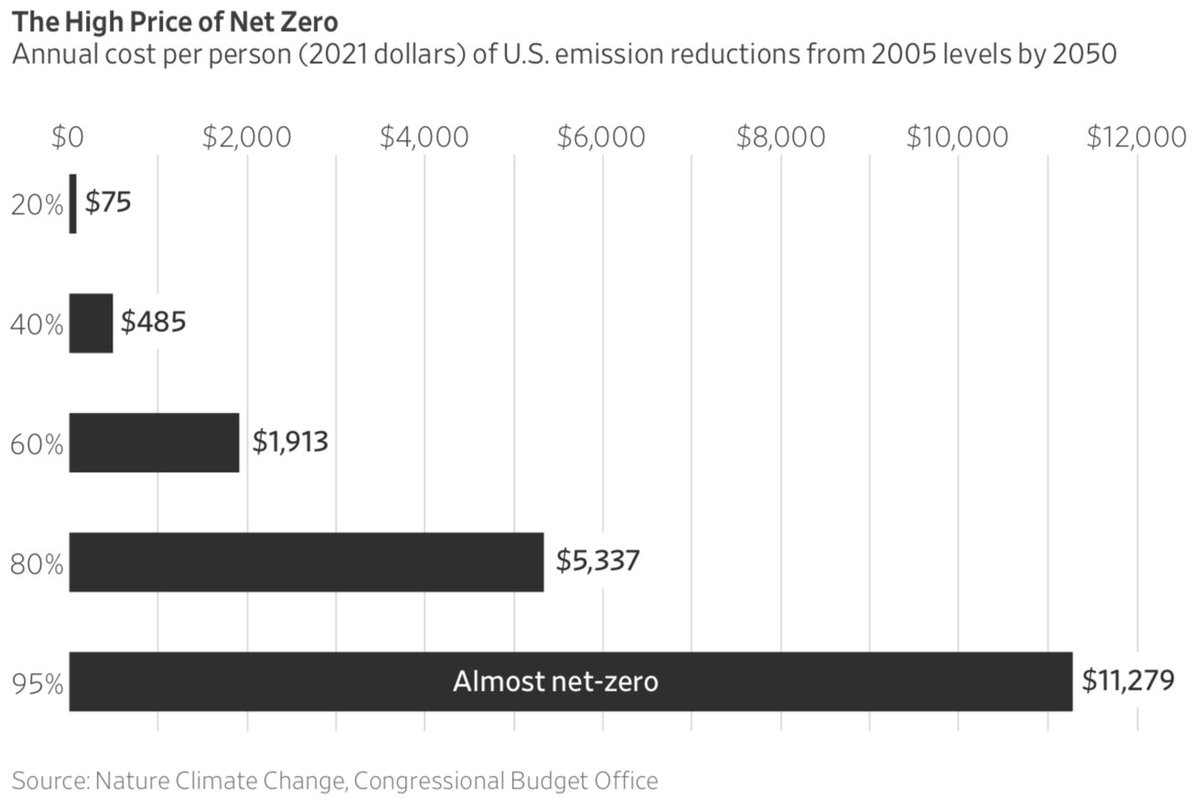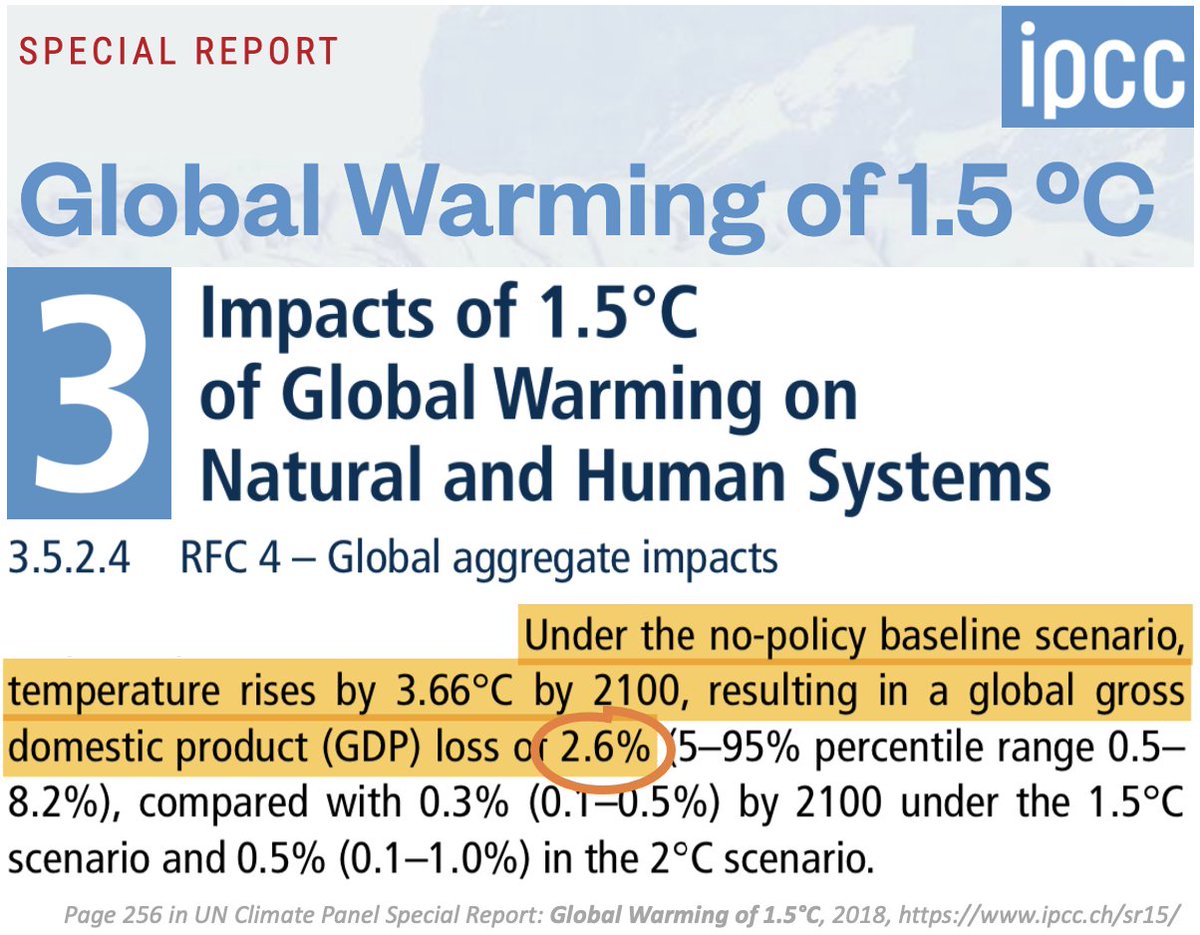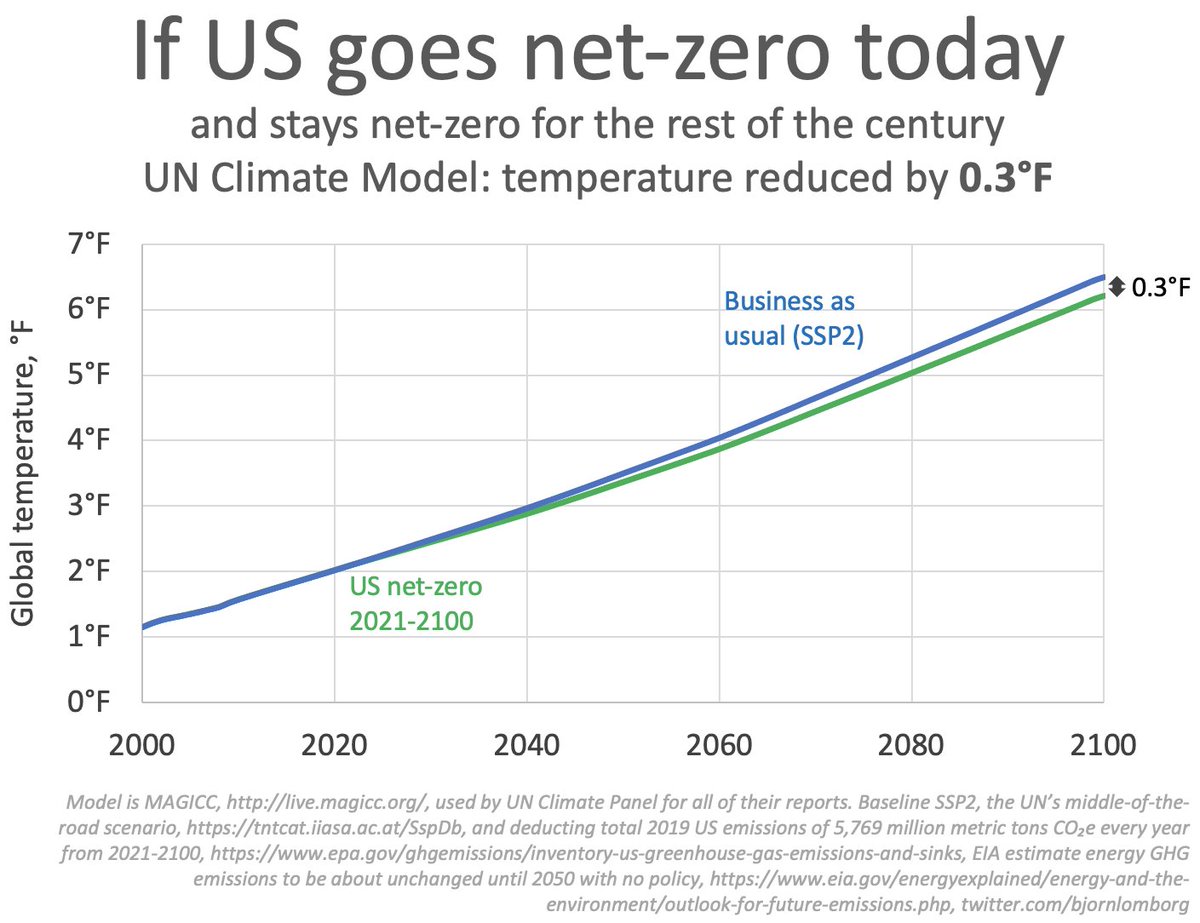
Kids and adults alike believe the world is going down in flames
Like Rep. Katie Porter's (D., Calif.) nine-year-old daughter says: “The earth is on fire and we’re all going to die soon”
Nope
World is actually burning ever less
References here: facebook.com/bjornlomborg/p…
Like Rep. Katie Porter's (D., Calif.) nine-year-old daughter says: “The earth is on fire and we’re all going to die soon”
Nope
World is actually burning ever less
References here: facebook.com/bjornlomborg/p…

Not because forests are decreasing — forest area increasing since 1982
essd.copernicus.org/articles/12/12…
"We show that—contrary to the prevailing view that forest area has declined globally—tree cover has increased by 2.24 million km2" nature.com/articles/s4158…
essd.copernicus.org/articles/12/12…
"We show that—contrary to the prevailing view that forest area has declined globally—tree cover has increased by 2.24 million km2" nature.com/articles/s4158…

Yet, the claims of increasing fire are almost everywhere, here Boston Globe falsely claiming the new UN report says "the world is on fire"
https://twitter.com/bjornlomborg/status/1425104440076427266
And here Scientific American deciding to be political instead of reporting on science, using claims of increasing fire as their first point
https://twitter.com/BjornLomborg/status/1382687888857559041
You can read my new fire oped for WSJ here where I use this data and more (also for US and Australia)
wsj.com/articles/clima…
archive.ph/8w72w
wsj.com/articles/clima…
archive.ph/8w72w
• • •
Missing some Tweet in this thread? You can try to
force a refresh





















